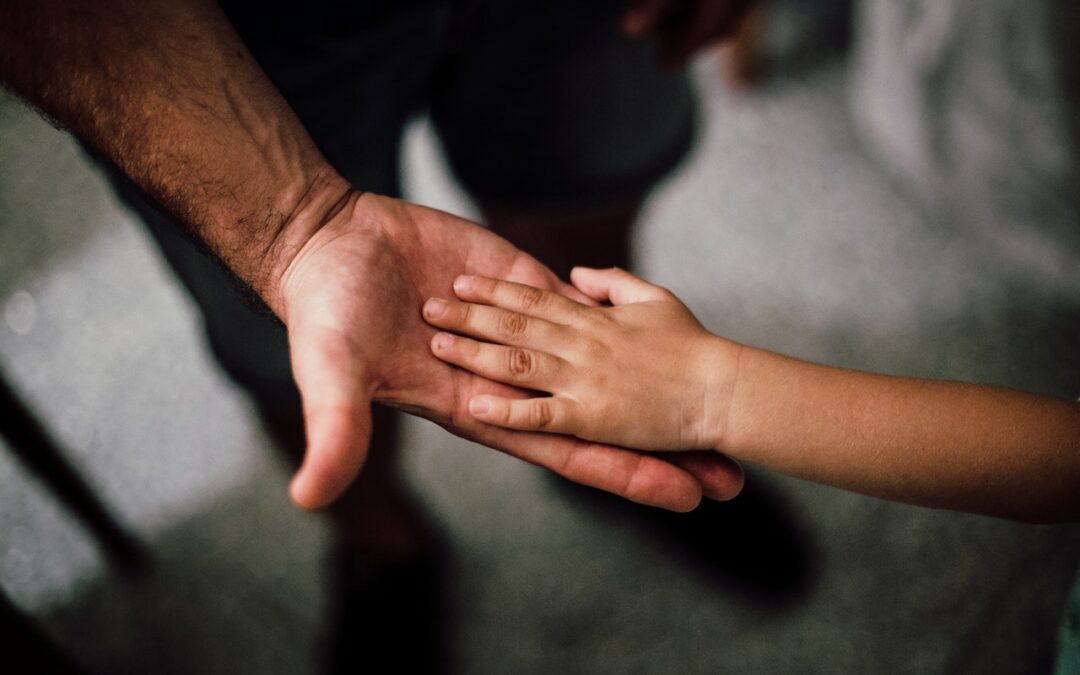
by Komoneed | Sep 26, 2024
Our editors curate highly rated brands that are first assessed by our rigorous ratings system. Buying through our links may earn us a commission—supporting the work we do. Learn more. Down feather is used to provide warmth in everything from puffer jackets to quilts, comforters, and duvets, but it also perpetuates animal cruelty. Here’s what […]
The post Material Guide: Is Down Feather Ethical and Sustainable? appeared first on Good On You.
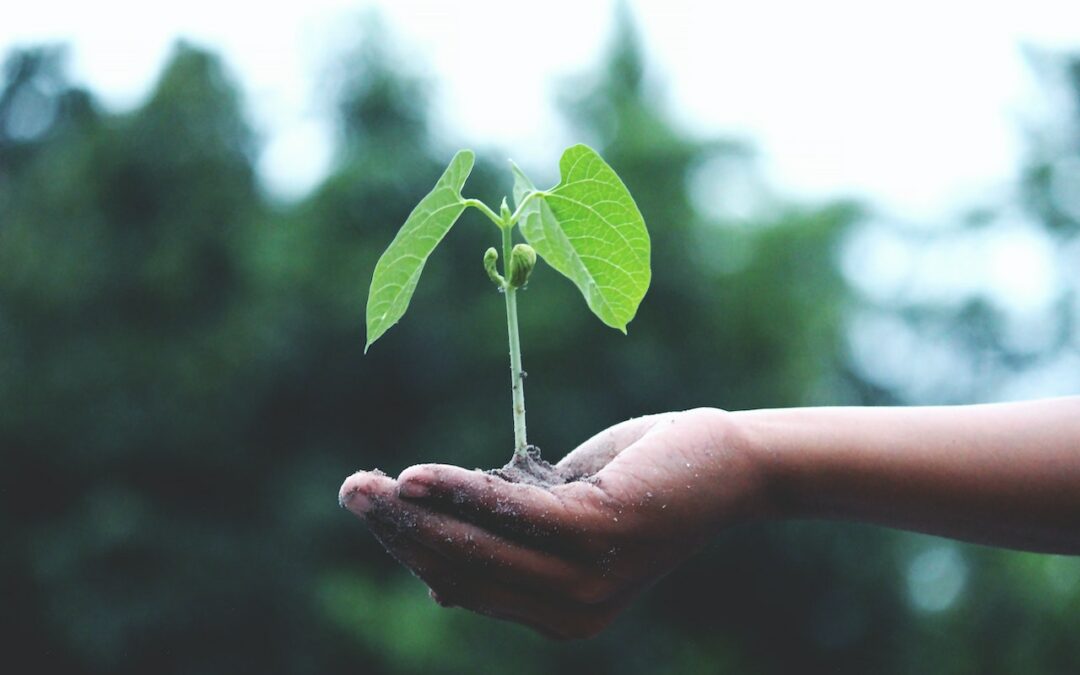
by Komoneed | Sep 26, 2024
A new report has revealed a clear willingness among Australians to adopt renewable energy initiatives, but also highlighted concerns about affordability, reliability and understanding of the resource.
The latest findings from the GHD CROSSROADS report show that 64% of Australians believe that the switch to clean energy will generate opportunities in new industries and create jobs, reflecting widespread optimism about the economic benefits of the energy transition.
“Our country’s prosperity has long been built on the back of energy. It’s time to build on that foundation, leveraging our strengths and transitioning towards a future that prioritises clean, sustainable energy sources,” said Sarah FitzGerald, GHD’s Global Program Lead – Future Energy.
“Emerging industries like green metals and low-carbon fuels, such as green hydrogen and sustainable aviation fuels, are at the forefront of this transformation. They are set to drive Australia’s economy forward while ensuring we meet global climate goals.”
The report is based on a comprehensive survey of 13,000 adults across 10 countries, including Australia, Canada, Chile, New Zealand, the Philippines, Qatar, Singapore, the United Arab Emirates, the United Kingdom and the United States.
One of the key insights from the survey was the need for better communication and education around the energy transition, with 64% of Australians agreeing they understand the changes required to ensure a clean energy future, among the lowest of the 10 countries.
Despite these challenges, Australians remain committed to making sustainable choices, with 75% stating they are actively practising more eco-friendly habits to reduce their impact on climate change.
However, this level of commitment was reportedly the lowest among the 10 countries surveyed, indicating that while Australians were willing to act, there was still room for improvement in motivating people to engage more deeply with the energy transition.
“There is a clear need for improved education and community engagement to ensure that Australians feel informed and empowered to actively participate in the energy transition and to pave Australia’s path to a clean energy future,” FitzGerald said.
On a positive note, the survey found that there was a strong demand among Australians for greater investment in clean energy at the community level, with 72% agreeing that the energy industry should do more to build a cleaner energy future locally.
Younger generations in Australia were found to be more optimistic about the transition to clean energy compared to older generations, with 73% of Gen Z (born 1997–2012) responding positively compared to Millennials (1981–96) at 72%; Gen X (1965–80) and Baby Boomers (1946–64), who responded at 59% and 55% respectively.
Australians also called on the government to play a more proactive role, with 70% of those surveyed suggesting that financial support from the government for households and businesses was essential to accelerate the adoption of clean energy technologies, and 74% agreeing that more should be done to educate communities about the importance of clean energy.
“The findings highlight the need for a stronger, more coordinated approach between government, industry and the public to ensure both the understanding and success of Australia’s clean energy transition,” FitzGerald said.
The report also found that 64% of Australians worry that clean energy in the future will not be affordable or reliable, but 59% of respondents believe the country is heading in the right direction with its energy transition. This ranked Australians among the most pessimistic of the 10 countries surveyed.
“Despite the prevailing pessimism, Australia is uniquely positioned to lead the global clean energy transition,” FitzGerald said.
“We have abundant sunshine, available land, skilled workers and a stable and committed government, making us the envy of many countries.
“We possess the essential foundations to not only meet our clean energy needs but to use energy to drive a prosperous future,” FitzGerald said.
Image caption: Sarah FitzGerald, GHD Global Program Lead – Future Energy. Image: Supplied.
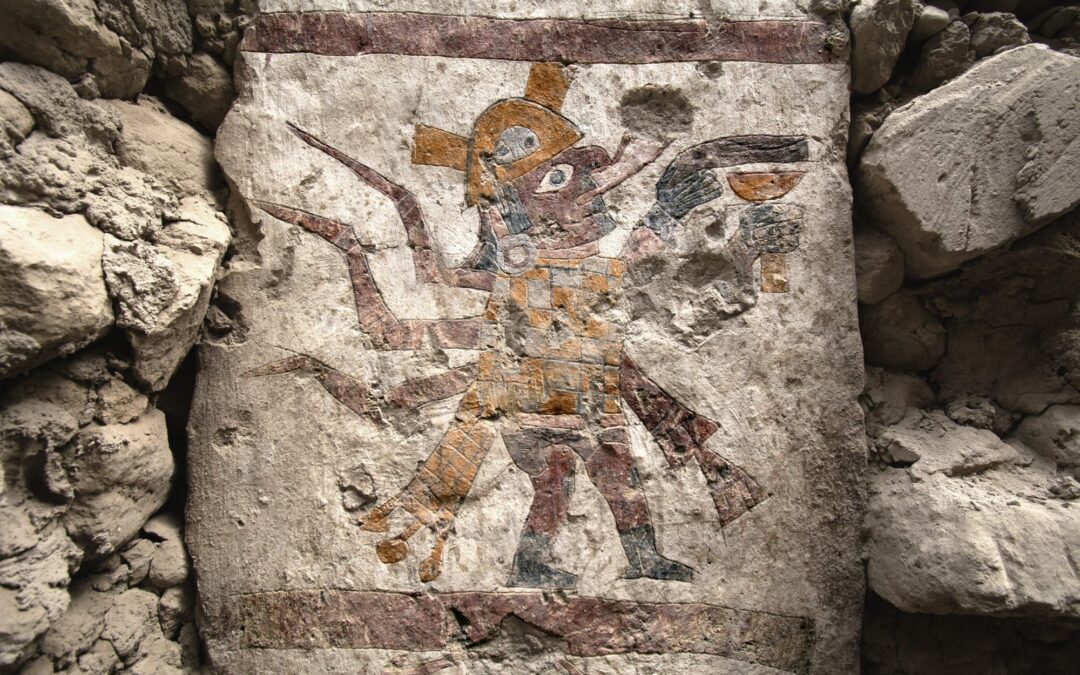
by Kate Mothes | Sep 26, 2024
The queen will see you now! Explore a newly discovered high-status room at Pañamarca.
Do stories and artists like this matter to you? Become a Colossal Member today and support independent arts publishing for as little as $7 per month. The article An Ancient Peruvian Site Reveals a Remarkable Painted Throne Room appeared first on Colossal.
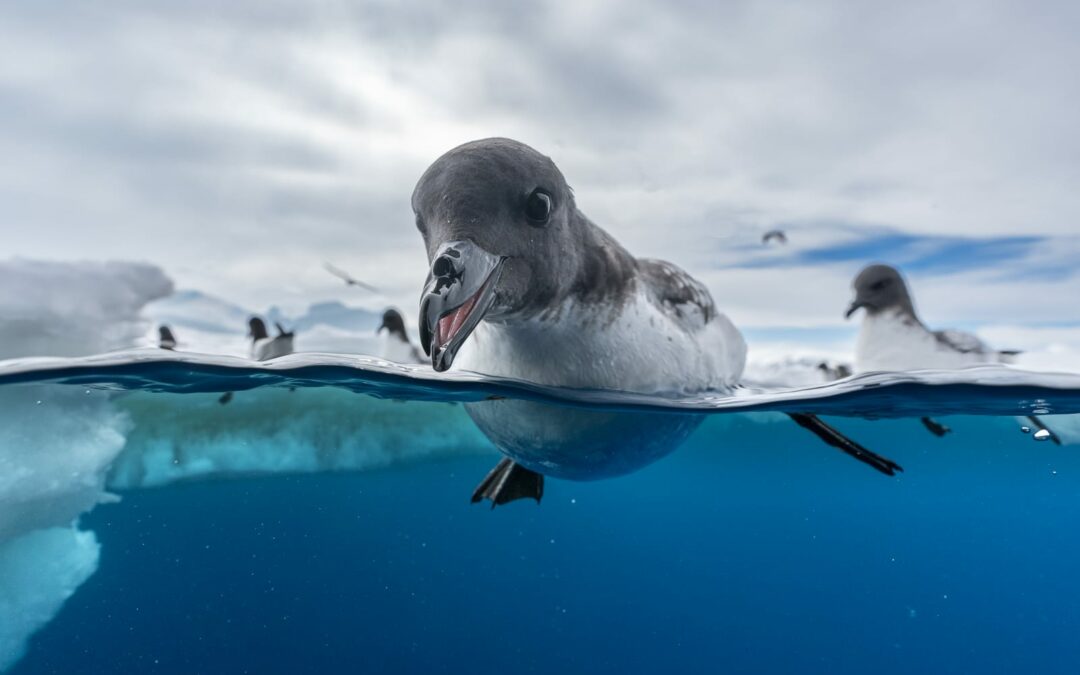
by Kate Mothes | Sep 26, 2024
From underwater dinner parties to snoozy balancing acts, the winners of this year’s contest showcase incredible avians around the world.
Do stories and artists like this matter to you? Become a Colossal Member today and support independent arts publishing for as little as $7 per month. The article Conservation Advocacy Soars in the 2024 Bird Photographer of the Year Competition appeared first on Colossal.
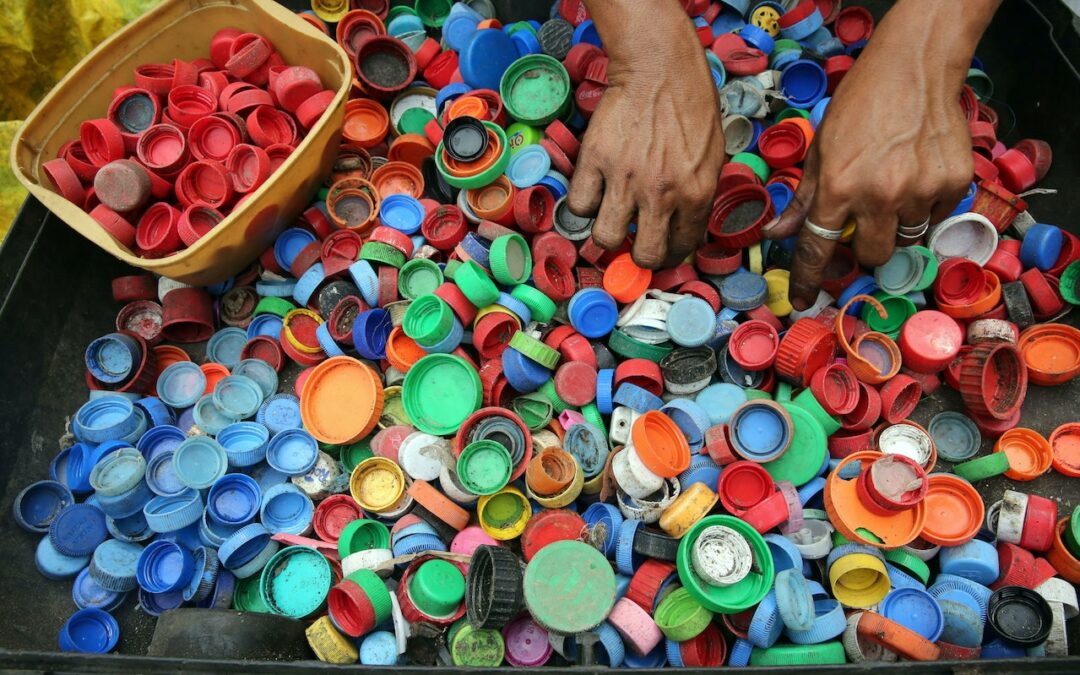
by Komoneed | Sep 24, 2024
In a larger city, recycling is easy to manage. Recycling facilities tend to be nearby and easy to reach, so trucks can navigate neighborhoods and plan recycling pick-ups that are cost-effective. When you live in a rural area, you may not even have curbside trash hauling due to the distance between houses. If there are five […]
The post Recycling in Rural Areas: Challenges and Creative Solutions appeared first on RecycleNation.





